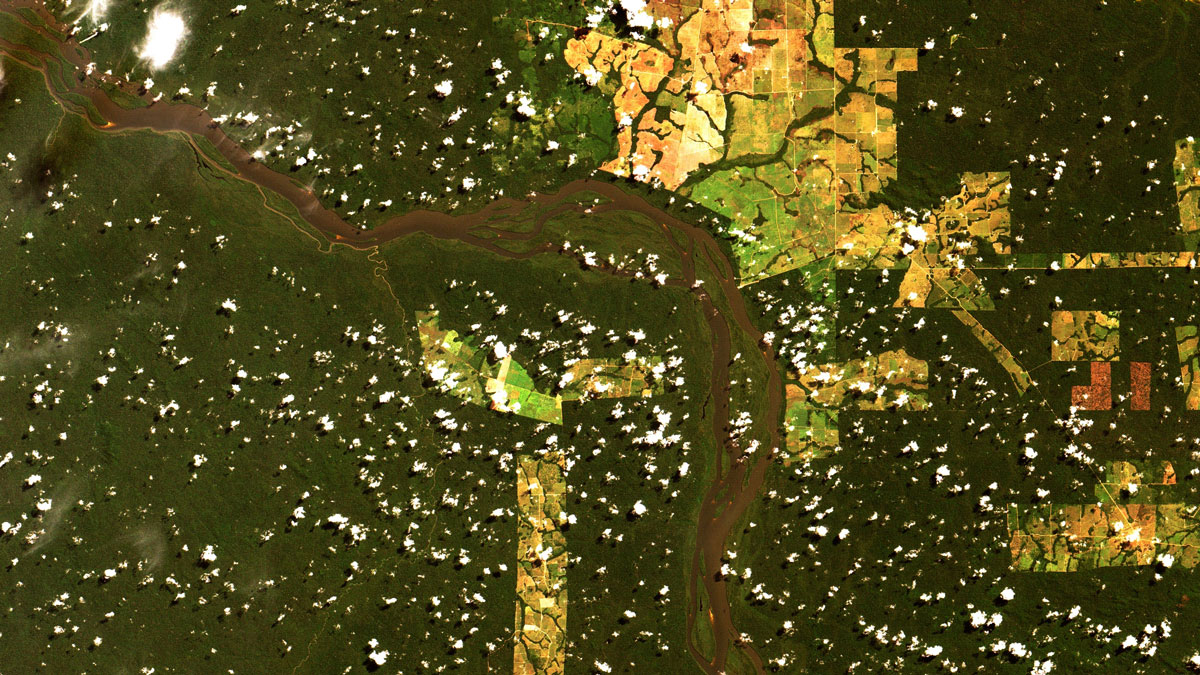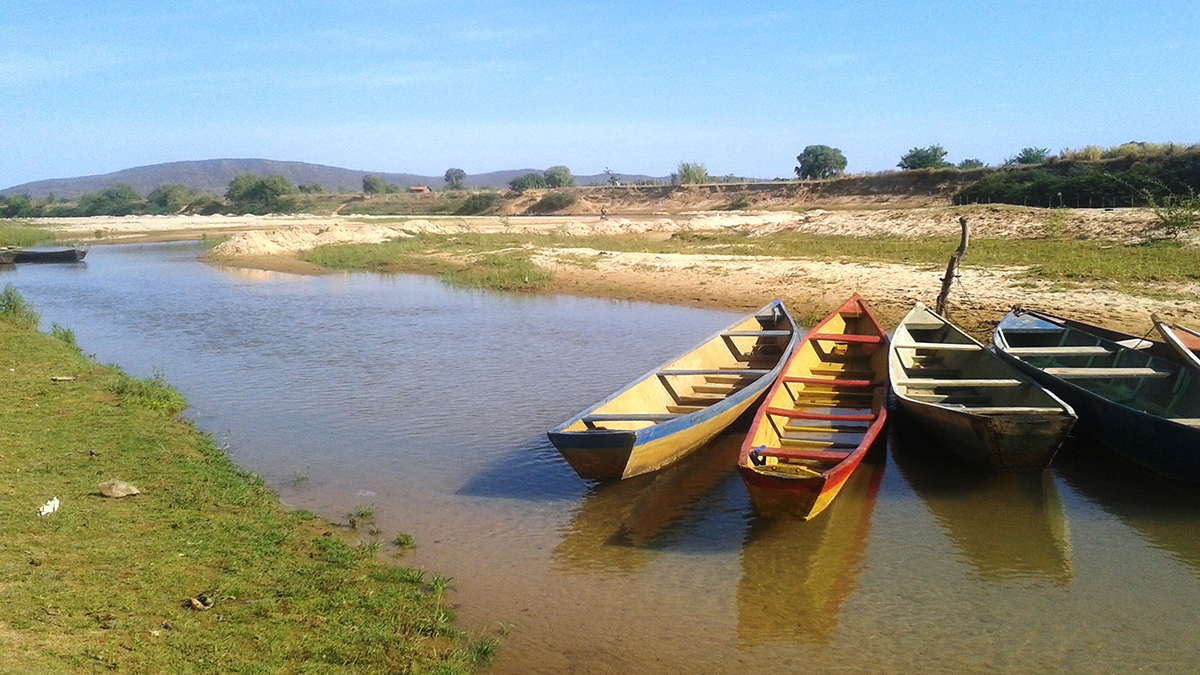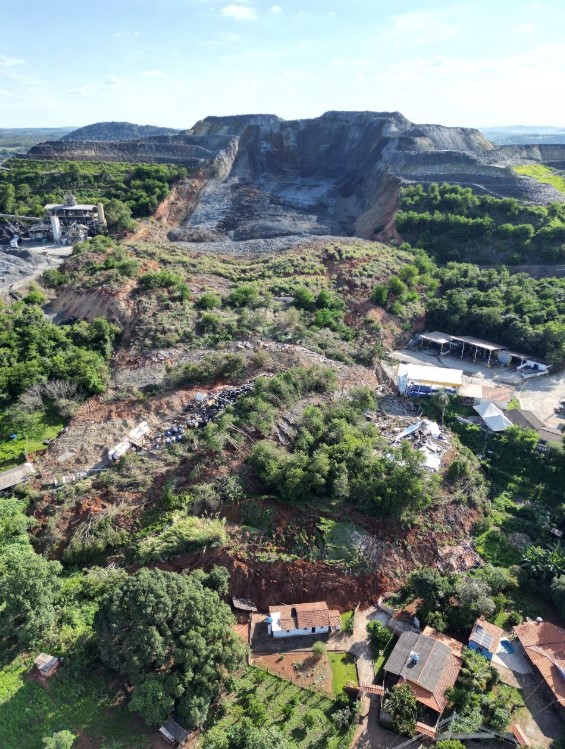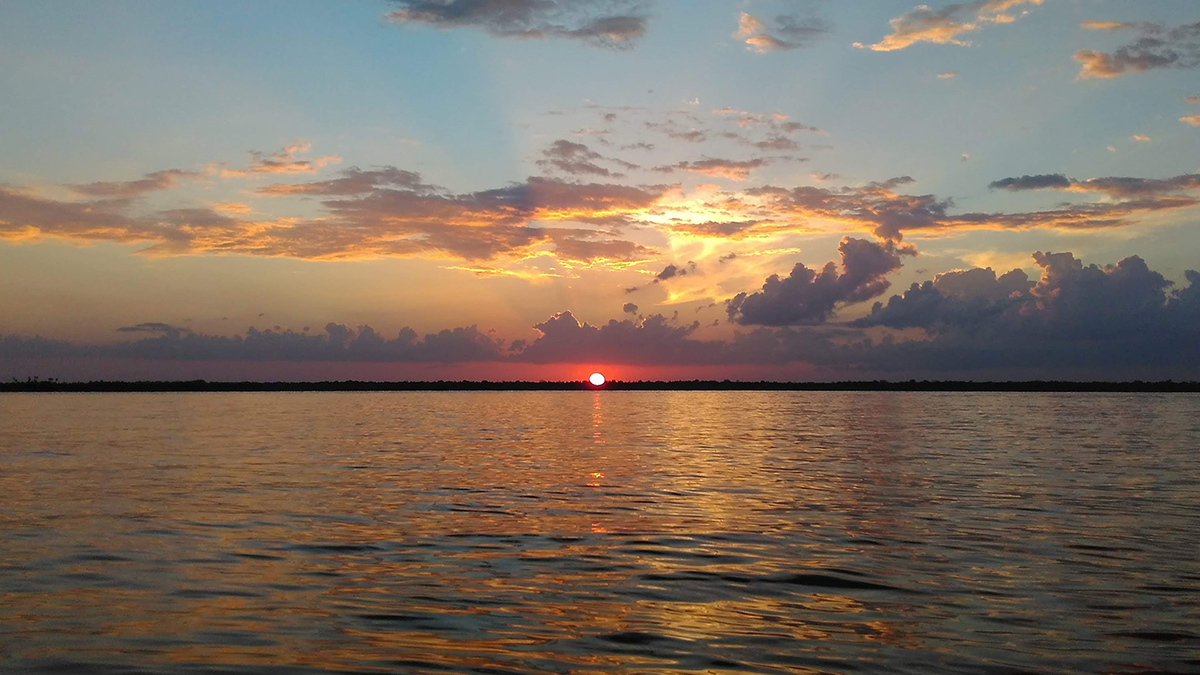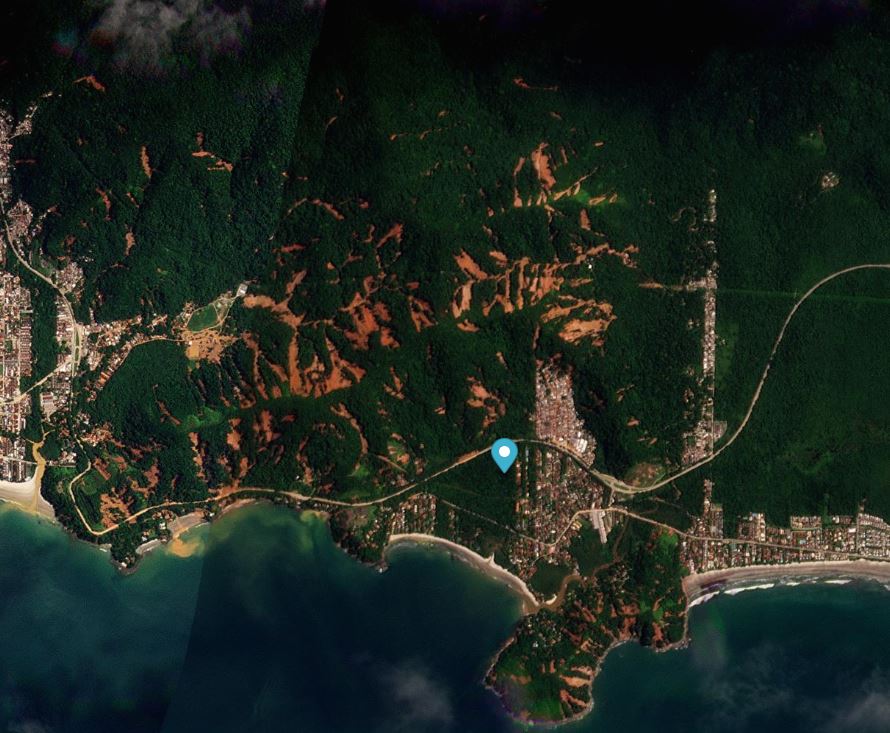Researchers found that between 2002 and 2015, a 3.2% reduction in Brazilian forest cover led to a 5.4% reduction in precipitation levels.
Brazil
Brazil’s Rivers Are Leaking
Wells overpumping groundwater could be forcing rivers to seep underground, a new study shows. Regions with intensive irrigation activities are at the most risk.
Road Development May Put Habitats at Risk
New research links road construction with increased urbanization and more fragmented species ranges.
The 7 December 2024 mine waste landslide at Turmalina Mine in Brazil
The Landslide Blog is written by Dave Petley, who is widely recognized as a world leader in the study and management of landslides. On 7 December 2024 a major landslide occurred in a mine waste pile at the Turmalina Mine in Brazil. The operator, Jaguar Mining, has put out a press release that provides a […]
Elementary, My Dear: Al & Be Give Evidence of Past Climate Change
10Be and 26Al concentrations in river sand reveal an increase in erosion rate in the Brazilian Highlands consistent with the Mid-Pleistocene Transition, a major climatic shift that occurred about 1 million years ago.
O Legado Rico em Nutrientes nas Terras Pretas da Amazônia
Os solos férteis de terra preta foram criados através de séculos de uso da terra cuidadosamente administrado. Os cientistas estão colhendo referências desses solos para remover o carbono e melhorar o solo para a agricultura.
South America Is Drying Up
A new study shows that dry, warm, and flammable conditions have skyrocketed across the continent, favoring the spread of uncontrolled fire.
Insights Biogeoquímicos de um Importante Rio Amazônico
Sub-representados nos orçamentos globais de carbono, rios tropicais como o Tocantins, no Brasil, necessitam de estudos para estabelecer suas características de base face às crescentes mudanças globais.
The 7 October 2024 landslide at Porto da Terra Preta in Manacapuru, Brazil
The Landslide Blog is written by Dave Petley, who is widely recognized as a world leader in the study and management of landslides. On 7 October 2024, a significant landslide occurred at Porto da Terra Preta, in Manacapuru, Brazil. Information about this failure remains somewhat unclear, but some reports suggest that the loss of life […]
The role of urban growth in the generation of landslide risk – an example from Brazil
The Landslide Blog is written by Dave Petley, who is widely recognized as a world leader in the study and management of landslides. In a recent post, I highlighted the likely role that high atmospheric temperatures, associated with a combination of anthropogenic climate change and the recent (now waning) El Nino conditions, are playing in […]

